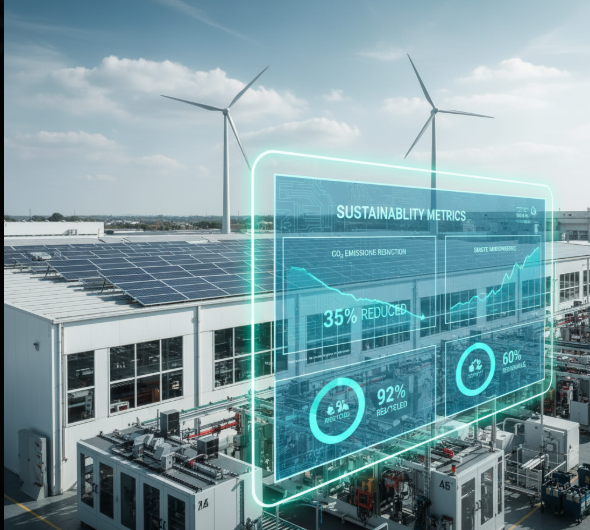
Lorem ipsum dolor sit amet, consectetur adipiscing elit lobortis arcu enim urna adipiscing praesent velit viverra sit semper lorem eu cursus vel hendrerit elementum morbi curabitur etiam nibh justo, lorem aliquet donec sed sit mi dignissim at ante massa mattis.
Vitae congue eu consequat ac felis placerat vestibulum lectus mauris ultrices cursus sit amet dictum sit amet justo donec enim diam porttitor lacus luctus accumsan tortor posuere praesent tristique magna sit amet purus gravida quis blandit turpis.
At risus viverra adipiscing at in tellus integer feugiat nisl pretium fusce id velit ut tortor sagittis orci a scelerisque purus semper eget at lectus urna duis convallis. porta nibh venenatis cras sed felis eget neque laoreet suspendisse interdum consectetur libero id faucibus nisl donec pretium vulputate sapien nec sagittis aliquam nunc lobortis mattis aliquam faucibus purus in.
Nisi quis eleifend quam adipiscing vitae aliquet bibendum enim facilisis gravida neque. Velit euismod in pellentesque massa placerat volutpat lacus laoreet non curabitur gravida odio aenean sed adipiscing diam donec adipiscing tristique risus. amet est placerat in egestas erat imperdiet sed euismod nisi.
“Nisi quis eleifend quam adipiscing vitae aliquet bibendum enim facilisis gravida neque velit euismod in pellentesque massa placerat”
Eget lorem dolor sed viverra ipsum nunc aliquet bibendum felis donec et odio pellentesque diam volutpat commodo sed egestas aliquam sem fringilla ut morbi tincidunt augue interdum velit euismod eu tincidunt tortor aliquam nulla facilisi aenean sed adipiscing diam donec adipiscing ut lectus arcu bibendum at varius vel pharetra nibh venenatis cras sed felis eget dolor cosnectur drolo.
In an era defined by climate change and increasing consumer scrutiny, sustainability has rapidly moved from a peripheral concern to a core strategic imperative for manufacturers. Environmental, Social, and Governance (ESG) criteria are no longer just buzzwords for annual reports; they are powerful drivers of investment, brand reputation, and long-term business resilience. But how does a factory, traditionally a symbol of resource consumption, become a beacon of environmental responsibility? The answer lies at the intersection of AI and digital transformation on the frontline.
For years, optimizing manufacturing for sustainability involved broad strokes—switching to renewable energy, investing in new, more efficient machinery. While essential, these top-down initiatives often overlooked the granular opportunities for improvement that exist within daily operations. This is precisely where AI-powered digital solutions make a transformative impact.
The most immediate and tangible impact of AI on green operations is in the realm of resource optimization.
Sustainability extends beyond your factory gates. AI and digital platforms can provide unprecedented visibility into your supply chain. By tracking materials from their origin to the finished product, manufacturers can verify ethical sourcing, confirm sustainable practices from suppliers, and identify potential environmental risks. This transparency is crucial for building a truly sustainable supply chain and meeting stringent ESG reporting requirements.
Measuring and reporting on sustainability efforts can be complex and labor-intensive. Digital transformation streamlines this process. Our platform captures granular data from frontline operations—energy consumption per unit, waste generated per batch, resource utilization—and feeds it into central analytics systems. This provides accurate, real-time data for ESG reporting, making compliance easier and demonstrating genuine progress to stakeholders, investors, and consumers. The ability to substantiate claims with verifiable data builds trust and enhances brand reputation.
Beyond the technological applications, digital work instructions play a crucial role in fostering a sustainable mindset among your workforce. By embedding energy-saving practices, waste reduction protocols, and environmental safety checks directly into daily workflows, digital platforms make sustainability an inherent part of every operator's job. This cultivates a culture where environmental responsibility is not an add-on but an integrated aspect of operational excellence.
The journey to a greener manufacturing future is a continuous one. By strategically deploying AI and embracing digital transformation in frontline operations, manufacturers can achieve not just incremental improvements, but transformative gains in sustainability. This isn't just good for the planet; it's good for business, enhancing efficiency, reducing costs, and building a resilient, future-ready enterprise that meets the demands of a conscious global market.
Book a free demo of our application and see how it can take your manufacturing operations to the next level.


